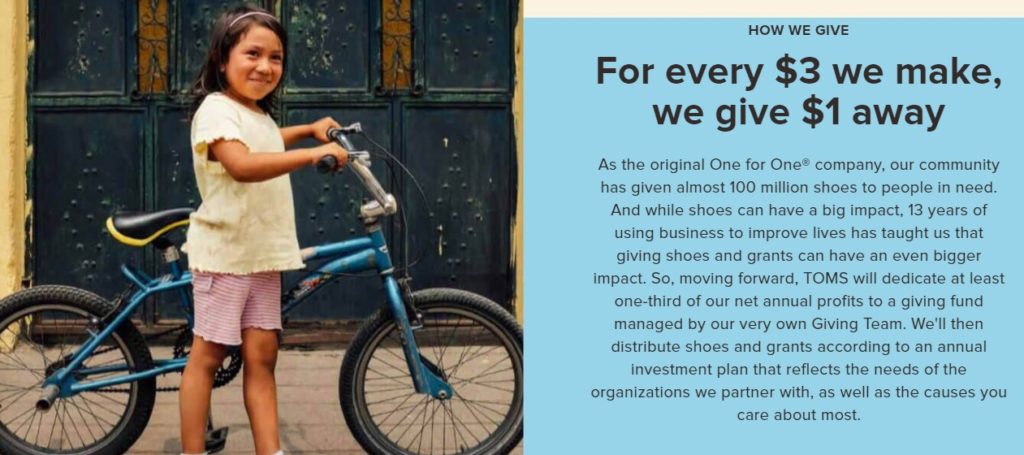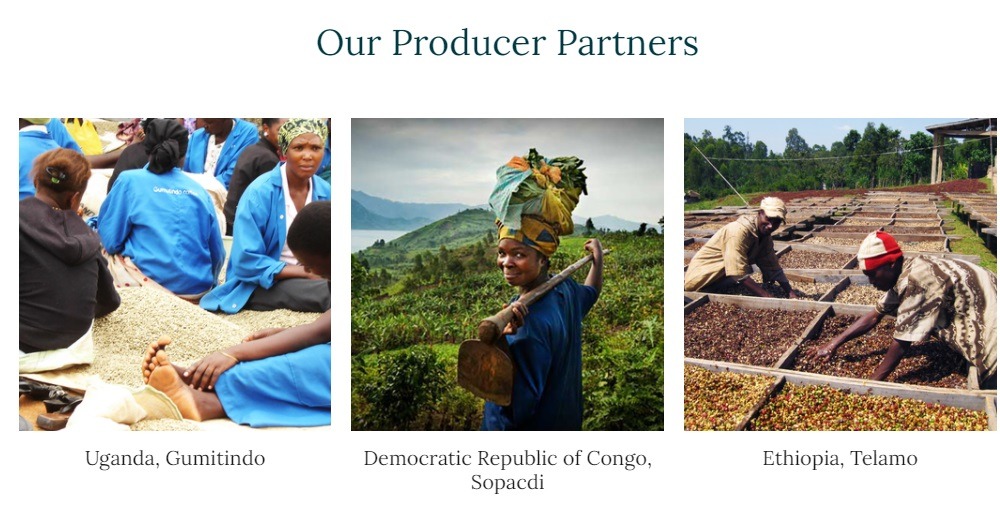The role of ethics in marketing is irrevocable. It affects how target customers see your brand as a whole. At best, each honest and virtuous effort you include in your advertisements and services should be paired with reliable services designed for crowd control. For instance, You have to explore content moderation services like forum moderation service to use ethics moew suitably for your company’s utmost benefit.
Message boards and discussions for branded communities allow you to keep your brand’s image untarnished and convey your advocacies amid the myriad of criticisms and distrust surrounding ethical marketing campaigns. Others mistake ethical marketing as a mere form of act to attract more customers.
What they do not know is ethical marketing requires to be genuine and all-inclusive to work as a marketing tactic.
Companies should not simply claim and declare. Rather, they should work as a unified entity in accordance to the central values of their services if they want to walk the talk. Combining ethics and marketing is one way to evoke authenticity and human touch in your services. Now more than ever, you should not underestimate your target market. Customers know what companies are true to their campaigns and what companies are simply riding with the waves just to increase market potential. Before delving into some of the best ethical marketing examples, it is important to know first what this type of branding is all about.
What is ethical marketing?
Basically, marketing involves processes on how companies endorse and sell their goods or services to their target pool of customers. is a type of marketing method wherein humane practices are included in a brand’s image in order to attract more customers. It is considered a philosophy something more than just a method for ecommerce. It goes beyond being a strategy. Combining ethics with the principles of promotion and sales is a kind of belief that companies uphold to be relevant.
Companies that stay true to their ethical marketing practices believe that their existence should benefit not only them and their customers, but everyone else in becoming socially responsible and championing environmental causes.
Some of the most commonly used ethical marketing methods are transparency, charity, sustainability, and activism. You speak these advocacies to the world and embed it into everybody’s mind by being consistent with your actions and words.
What is ethical issues in marketing? These are some the examples:
Ethical issues in market research
Invasion of privacy and stereotyping are ongoing problems in market research. It happens because it is important for any study of real populations to make approximations and position people into categories. If done irresponsibly and without proper discretion, stereotyping can lead to a number of ethically unacceptable consequences.
Audience on the Market
In the past, businesses tend to put the LGBTQ, ethnic minorities, and plus-sized individuals in a negative light for the sake of stirring controversy, capturing people’s attention, and acting as a “hero” to the people belonging in the said groups and communities. Unethical consumer exclusion through biased and selective commercialization is unacceptable. It is used to either discourage demand from so-called “undesirable” market sectors or disenfranchise them altogether.
Advertising Ethical Concerns
In the 1940s and 1950s, cigarettes used to be sold for health promotion. Still, in addition to the rule, an advertiser who fails to say the truth offends morality.
The ad might be striking to some, but other individuals may also be deeply offended by it. For instance, promoting the use of condoms for AIDS prevention may be a way to advocate safe sex, but some groups may think otherwise and perceive it as an encouragement of promiscuity.
Now, to give you a clearer answer on what is ethical marketing and for you to have a closer look at what ethical practices in marketing look like, here are three examples of companies that are mindful of their choices and practices in respect to social and environmental advocacies.
1. Patagonia – Reducing Consumerism & Supporting Environmental Preservation
It is quite ironic for a clothing company to speak about reducing consumerism, but this clothing company is famous for its advocacy on conscious consumption is a real deal. Patagonia is an American outdoor clothing company established in 1973. Since its foundation, it has undergone numerous developments, especially with how it responds to the needs of the times.
In 1984, the company began pledging 1% of its annual sales for the protection of the environment. In 1994, Patagonia went above and beyond by altering its overall supply chain to ensure safe working conditions for the employees. More so, they ventured into the use of organically grown cotton to ensure that every product is free from pesticides and other harmful chemicals.
Aside from all of its environmental contribution, Patagonia also released a campaign in 2011 about encouraging everyone to rethink their choices when it comes to purchasing. The brand reiterates the importance of making and producing fewer things while retaining high standards for quality, along with the need for customers to evaluate their buying impulses.
Who would have thought that a clothing brand like Patagonia would speak so well about reducing the consumption of both consumers and businesses? Indeed, their unceasing ethical marketing behavior has led them to an amazing quest!
2. TOMS – Social Responsibility
The popular shoe brand is more than just a corporation that sells footwear. They have espoused a ton of initiatives that aim to help impoverished individuals. After all, the creation of this company started when founder Blake Mycoskie was exposed to the reality of less-privileged people when he visited Argentina back in 2006.
Mycoskie knows too well that many people are still living in poverty, with some of them even lacking bare essentials like a decent pair of shoes. Since then, it has become part of his goal to help individuals who are in need while he continues to grow and reinvent his business into an ethical shoe brand.
Toms ran a campaign in 2006, where they announced that for every pair of shoes purchased, a donated pair will be given to a child in need. Of course, the Toms’ charity spirit doesn’t end there. They have a long list of charity work involving humanitarian organizations and other causes like helping individuals with certain eye defects restore their normal eyesight, providing potable water, ending gun violence, preventing bullying, supporting solar lighting, and many others.
3. Conscious Coffees — Livelihood Programs
As their company name bears, Conscious Coffees is truly conscious with their endeavors. The business, albeit its profitable success, chose to incorporate ethics in promotional strategy. They are money-makers on the surface, and in the background they are also large players in terms of social responsibility. Since their establishment, the brand has already been committed to providing more favorable negotiating positions and working conditions for coffee farmers and producers all around the world.
Among Conscious Coffees’ greatest achievements include launching a livelihood program for people in Guatemala, El Salvador, Argentina, and Nicaragua. Over the course of four years, they successfully organized training workshops in those areas.
Moreover, the company continually donates coffee to a project run by cyclists. The said project aims to help other cyclists repair, maintain, and refurbish their old and used bicycles. Conscious Coffees’ team of coffee experts offer support and technical advice to coffee growers in South America, so they would learn new techniques that would help them maximize their yields and deal with fair-trade economic practices.
In a Nutshell
It takes careful consideration and an honest assessment of the company’s shortcomings and limitations to comprehend ethical marketing’s purpose. What this means is you must first reflect on what you need to improve on as an entire group with the potential to influence people. Review your services and the manner by which you communicate what your goals and what you stand for. Are your choice of words appropriate? Is there a huge possibility that it will be associated with a specific social issue?
You also need to lend an open ear to what people have to say about your brand, and forum moderation is one way for you to be closer to your followers. The more you know about their concerns and reactions, the better you will understand how you can express sincerity in your services and words.





